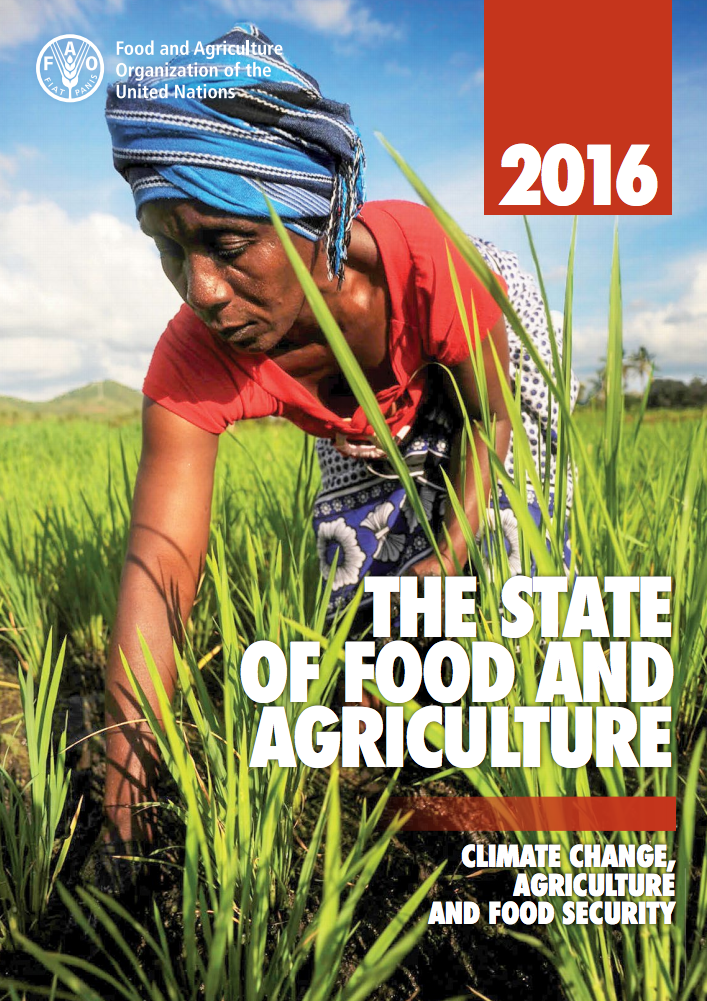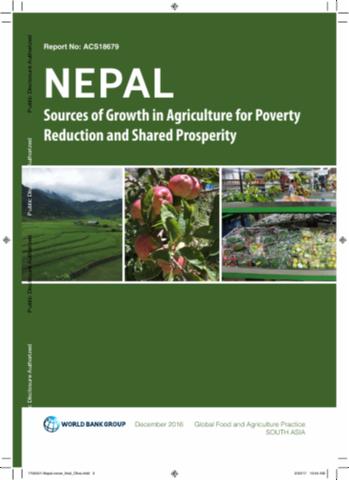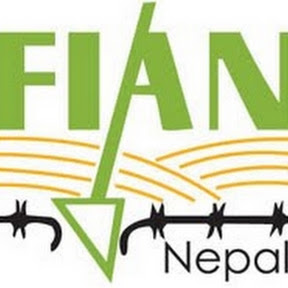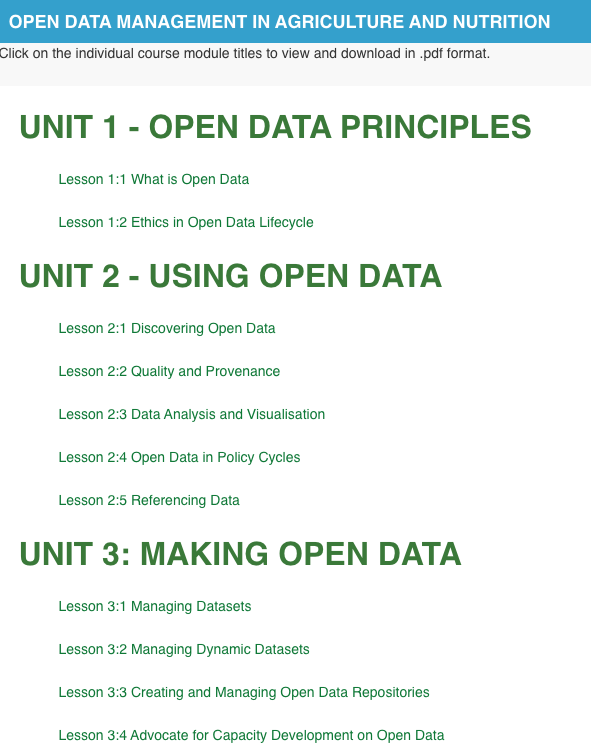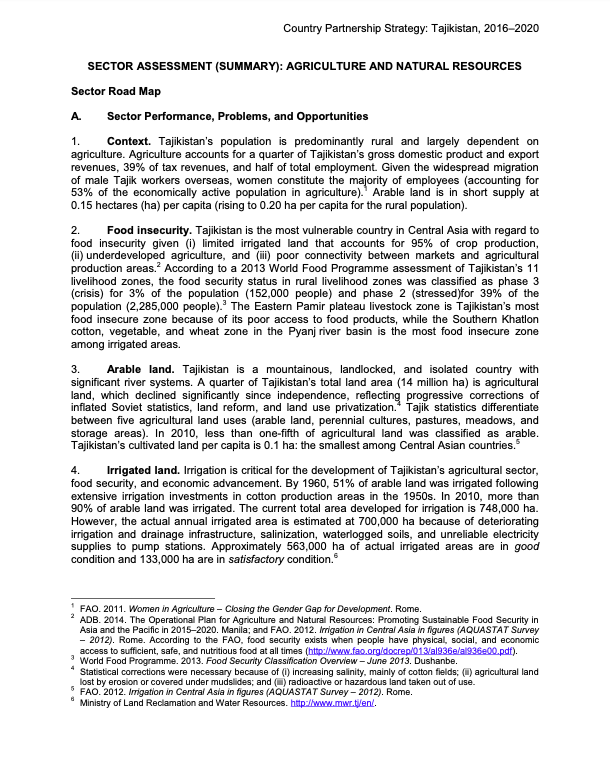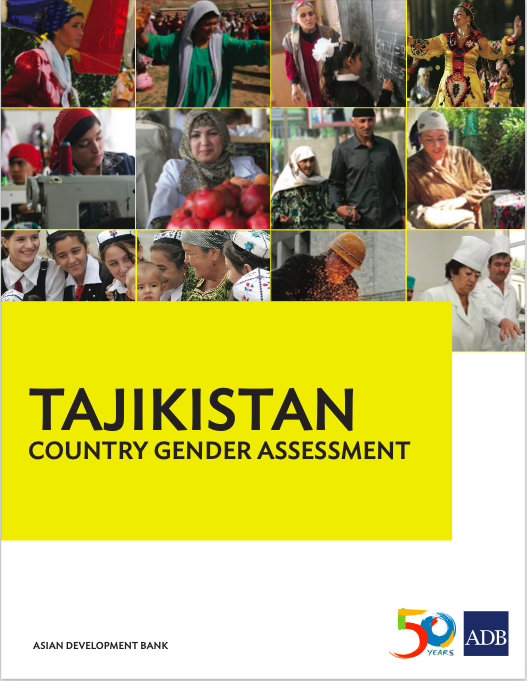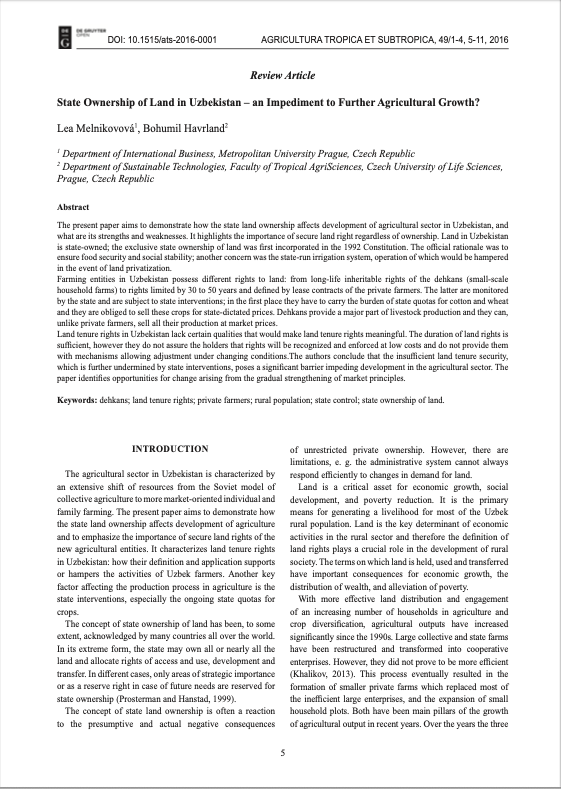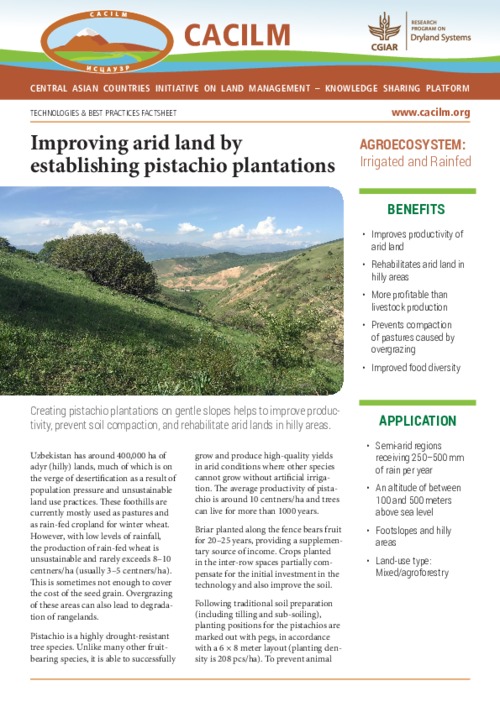A Legal Guide to Strengthen Tanzania’s Seed and Input Markets
The Legal Guide was created to share information on Tanzania’s system for regulating seeds and other inputs, including areas such as variety release and registration, seed certification, and trade, and to identify key decision points and challenges that could unlock further development in the seed sector and implementation of existing frameworks. The Legal Guide itself will be part of a larger process of consultation and discussion, with key decision points followed by recommendations and a roadmap for strengthening the regulatory system for seeds and other inputs.


